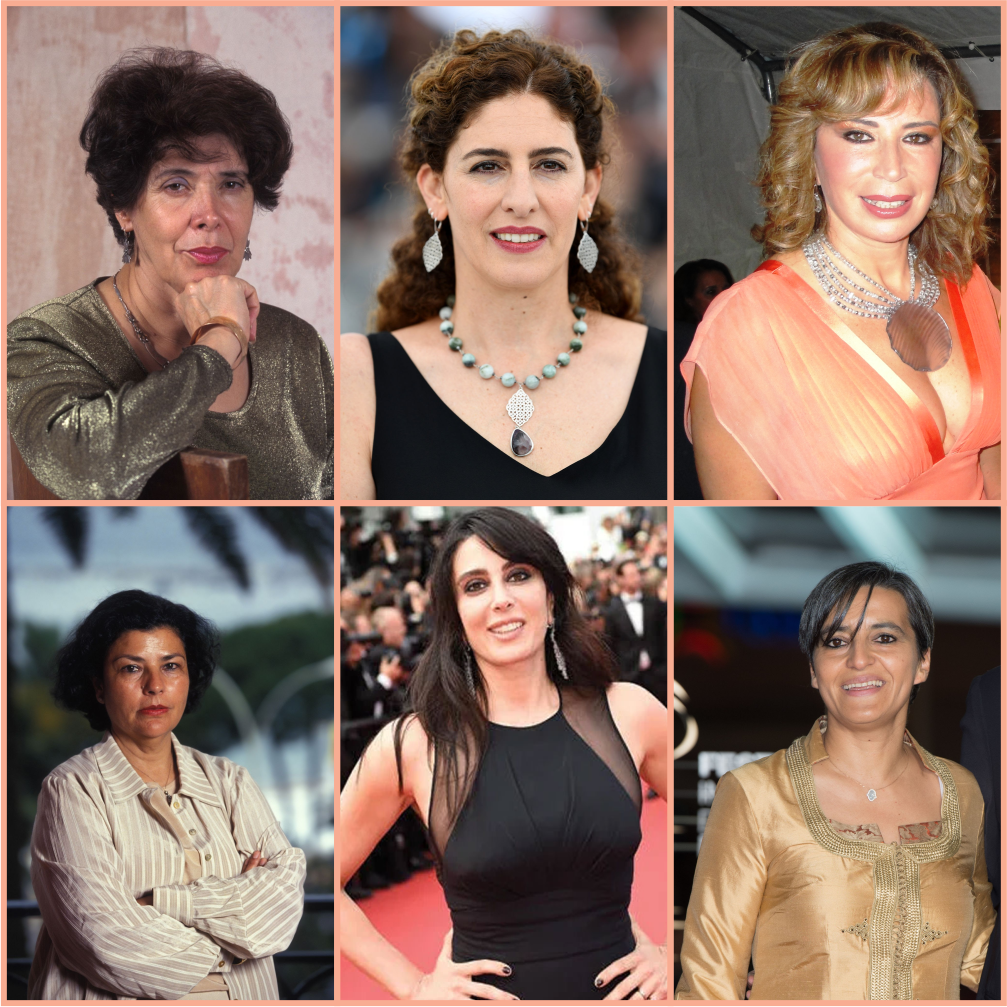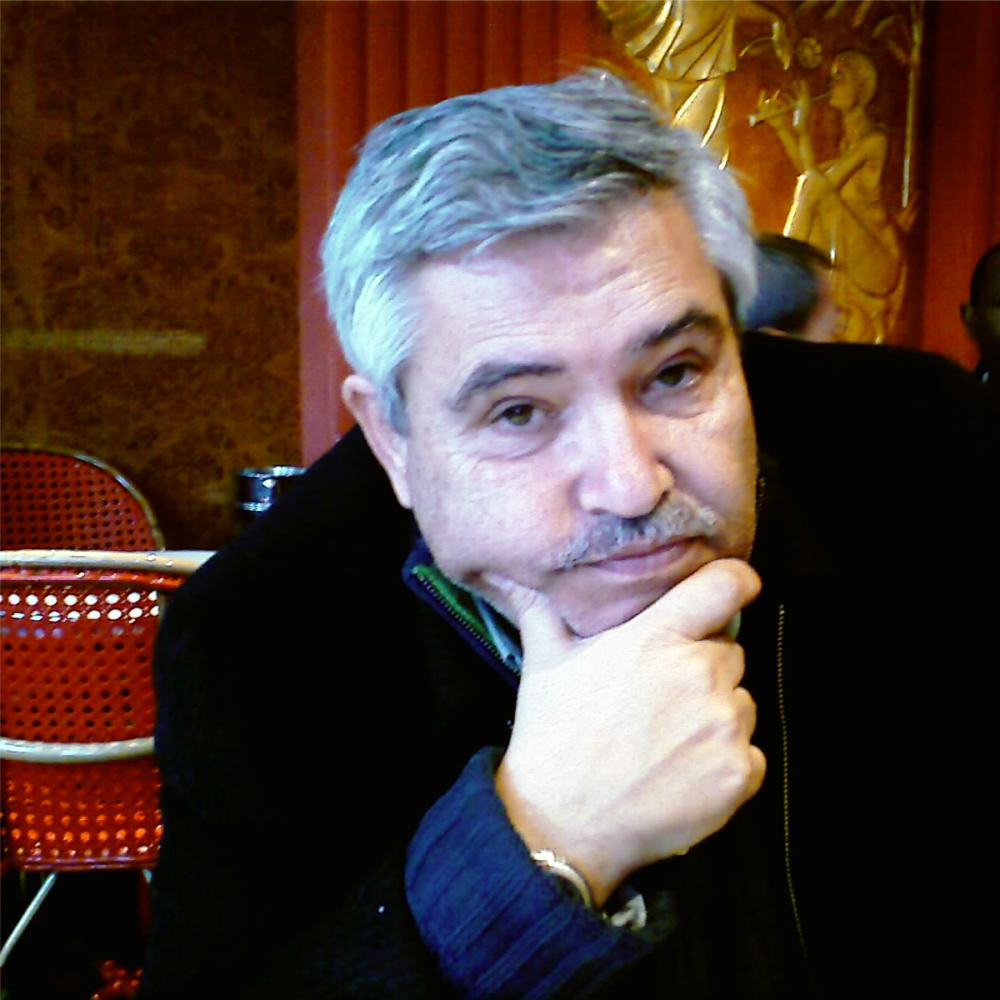Masterclass
Masterclasses are integral parts of Malmo Industry days, where each year renowned experts from the film industry are invited to discuss their work and share their experiences with aspiring filmmakers.
INDEPENDENT ARAB WOMEN FILMMAKERS AT THE FOREFRONT – WHAT LESSONS CAN BE LEARNT?
As numerous studies have shown, representation on screen matters. The kind of stories that are being told, as well as the voices telling those stories, influence how we perceive the world and ourselves. Diversity and inclusion in film therefore have the possibility to constitute a powerful force of change.
In today’s film industry, much is still left to do in terms of diversity, not the least when it comes to gender.
Although women are still decidedly underrepresented among directors receiving funding and among decision-makers in the audio-visual field, a recent study commissioned by the Doha Film Institute showed that the percentage of women among independent filmmakers is higher in the Arab world than in the West. According to the study, more than a fourth of Arab independent filmmakers are women, a number that is significantly lower in the rest of the world, including Europe. Many of the most acclaimed, high-profile Arab directors today are women. When it comes to commercial Arab blockbusters, however, women directors are rarer to be found, just like in the rest of the global film industry.
This panel discussion will address the strides made by independent Arab women filmmakers in recent decades from several angles and look at the structural reasons behind both the relative success of Arab women directors and the obstacles that remain.

Born in Beirut in 1946, Ibrahim Al Ariss is a film critic, journalist, cultural historian and translator. He studied film directing in Rome, screenwriting and criticism in London, and has been working in journalism since 1970. He currently heads the film department in London’s al-Hayat newspaper, where he writes a daily column about human heritage and the history of world culture. In addition, he has translated around 40 books and papers about cinema, philosophy, economics, history and criticism from French, English
and Italian.
His most significant works include: “A Journey in Arab Cinema”, “Martin Scorsese: A Cinematic Biography”, “Youssef Chahine: A Child’s Perspective”, “A Rebel’s Grip”, “Cinema: History and the World”, “Arab Cinema: Its History, Its Future and Its Role in the
Renaissance”, “A Cinema of Humans: A Reading in the Life and Work of Selected Filmmakers”, and, most recently, the “Cinema and Society in the Arab World” trilogy, summarizing the history of Arab cinema and its relationship with the societies of the region.
Place: Röda Rummet Malmö Stadsbiblioteket
Date and time: Sunday 3 Oct. 11:30 – 13:30

